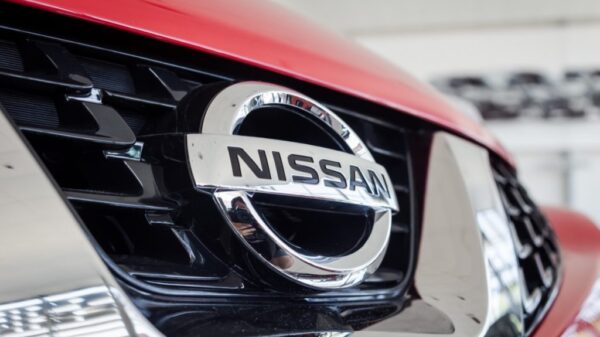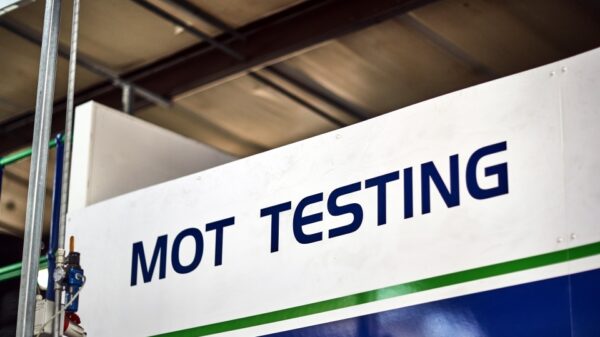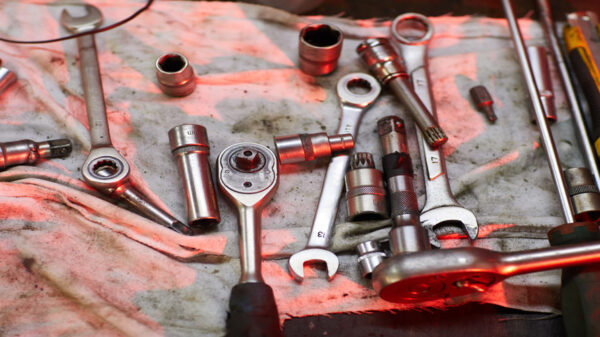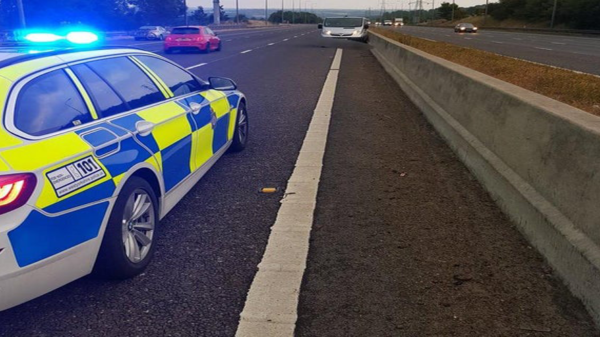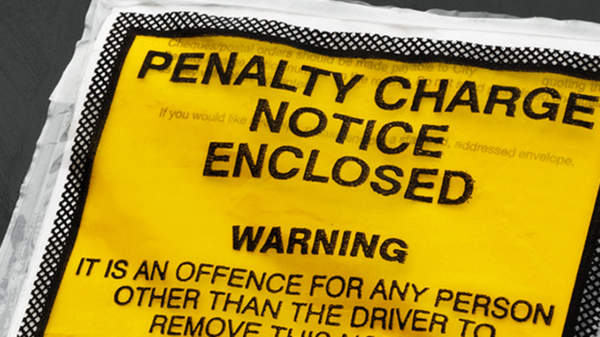Buying a used car can be an exciting and cost-effective way to fulfill your transportation needs. However, it’s essential to approach the process with a healthy dose of common sense to ensure you make a wise investment. In this guide, we’ll walk you through some practical tips and considerations to help you navigate the used car market with confidence.
Set a Budget:
Before starting your search, determine your budget and stick to it. Consider not just the purchase price but also the ongoing costs of ownership, such as insurance, fuel, maintenance, and repairs. Being clear about your financial limitations will help you narrow down your options and avoid overextending yourself.
Research and Prioritise:
Take the time to research different car models that suit your needs and preferences. Consider factors like reliability, fuel efficiency, safety features, and maintenance costs. Make a list of your priorities, and use it as a reference point when evaluating potential vehicles.
Inspect the Vehicle:
Always inspect the car thoroughly before making any commitments. Look for signs of wear and tear, rust, or mismatched paint, as they could indicate previous accidents or poor maintenance. Check the tires, brakes, lights, and fluids. It’s also wise to have a trusted mechanic inspect the car for any hidden issues.
Review the Vehicle History Report:
Obtain the vehicle identification number (VIN) from the seller and request a comprehensive vehicle history report. This report will provide valuable information about previous accidents, title status, service records, and mileage consistency. A clean history report is generally a positive sign, but be cautious if any red flags arise.
Test Drive:
Always take the car for a test drive under various conditions, including different speeds and road surfaces. Pay attention to how it handles, accelerates, brakes, and listen for any unusual noises. Test all the features, including the air conditioning, audio system, and electronics, to ensure they’re functioning correctly.
Get a Pre-purchase Inspection:
Consider getting a pre-purchase inspection done by a qualified mechanic. This step may require an additional cost, but it can help uncover any underlying mechanical issues that aren’t immediately apparent. The inspection report can also give you leverage for negotiation or help you decide whether to proceed with the purchase.
Negotiate the Price:
Don’t be afraid to negotiate the price based on your findings from the inspection, market research, or any issues you’ve identified during the test drive. Use this opportunity to discuss repairs or maintenance that may be necessary and factor those costs into your offer.
Consider the Total Cost of Ownership:
Remember that the purchase price is just one aspect of owning a car. Take into account the ongoing costs of insurance, fuel, maintenance, and repairs. Some models may have higher maintenance or insurance costs due to their age, make, or specific features. Ensure that the overall cost of ownership aligns with your budget.
Verify Ownership and Documentation:
Verify that the seller has clear ownership of the vehicle by checking the title and registration documents. Ensure that all necessary paperwork, such as the bill of sale, warranty (if applicable), and service history, is in order. It’s crucial to have everything properly documented to protect yourself legally.
Buying a used car can be a smart decision if approached with common sense and careful consideration. By setting a budget, conducting thorough research, inspecting the vehicle, and obtaining necessary documentation, you can make an informed purchase. Remember to trust your instincts, take your time, and be prepared to walk away if something doesn’t feel right. With these guidelines in mind, you’ll be well on your way to finding a reliable and suitable used car that meets your needs.







